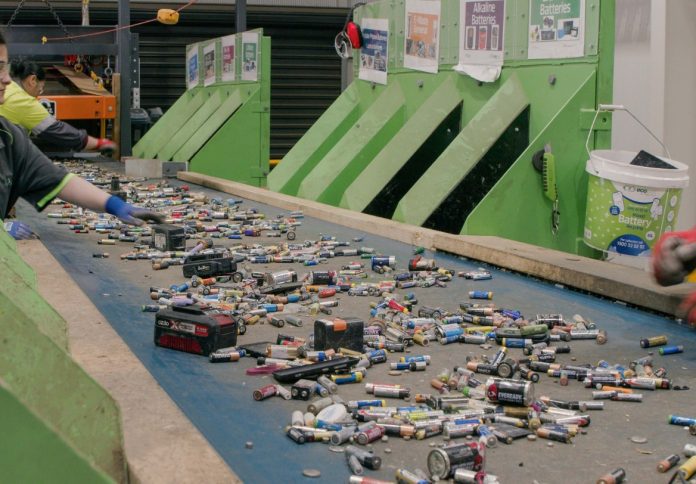
The Battery Stewardship Council (BSC) has welcomed the Australian Competition and Consumer Commission’s (ACCC) decision to reauthorise the national Battery Stewardship Scheme, B-cycle, for another five years.
In a media release, BSC said the ACCC’s reauthorisation provides the council with continued authority to coordinate and expand the Scheme, offering long-term certainty for industry and government partners as the market transitions from voluntary participation to a regulated national framework.
BSC Chief Executive Officer Libby Chaplin said the decision reflected the maturity and credibility of the Scheme while underscoring the growing need for regulatory support.
“This reauthorisation is an important vote of confidence in B-cycle and the leadership shown by industry in building a circular battery economy,” Chaplin said.
She added that while voluntary stewardship had delivered progress, regulation would be essential to achieving full participation across the battery supply chain.
“Voluntary stewardship has taken us a long way, but to meet the scale of the challenge ahead, Government regulation and mandatory stewardship is essential. We need participation at every stage of the battery lifecycle to ensure batteries are collected and recycled safely. This decision gives BSC the platform to help make that happen,” she said.
Chaplin said the ACCC’s determination recognised that voluntary and regulated stewardship could work together to deliver improved environmental and safety outcomes.
“It recognises the collaboration, investment and innovation that our members, recyclers and retailers have already delivered,” she said.
“BSC is built on a community of over 700 accredited organisations whose dedication and support have made this Scheme possible and played a vital role in achieving this reauthorisation.”
Under the ACCC’s final determination, refinements have been introduced to strengthen governance and transparency within the Scheme.
BSC said these include the requirement for a public consultation protocol by February 2026, updates to the independent review process, and clarification of annual reporting conditions.
“Australia now has the foundation to scale battery recovery nationally. Through regulation, we can build on that to ensure batteries are managed safely and their valuable materials are kept in circulation,” Chaplin said.
The BSC said it will implement the conditions set out in the ACCC’s determination, including publishing its consultation protocol and continuing to work with government and industry on the next phase of regulation.


















